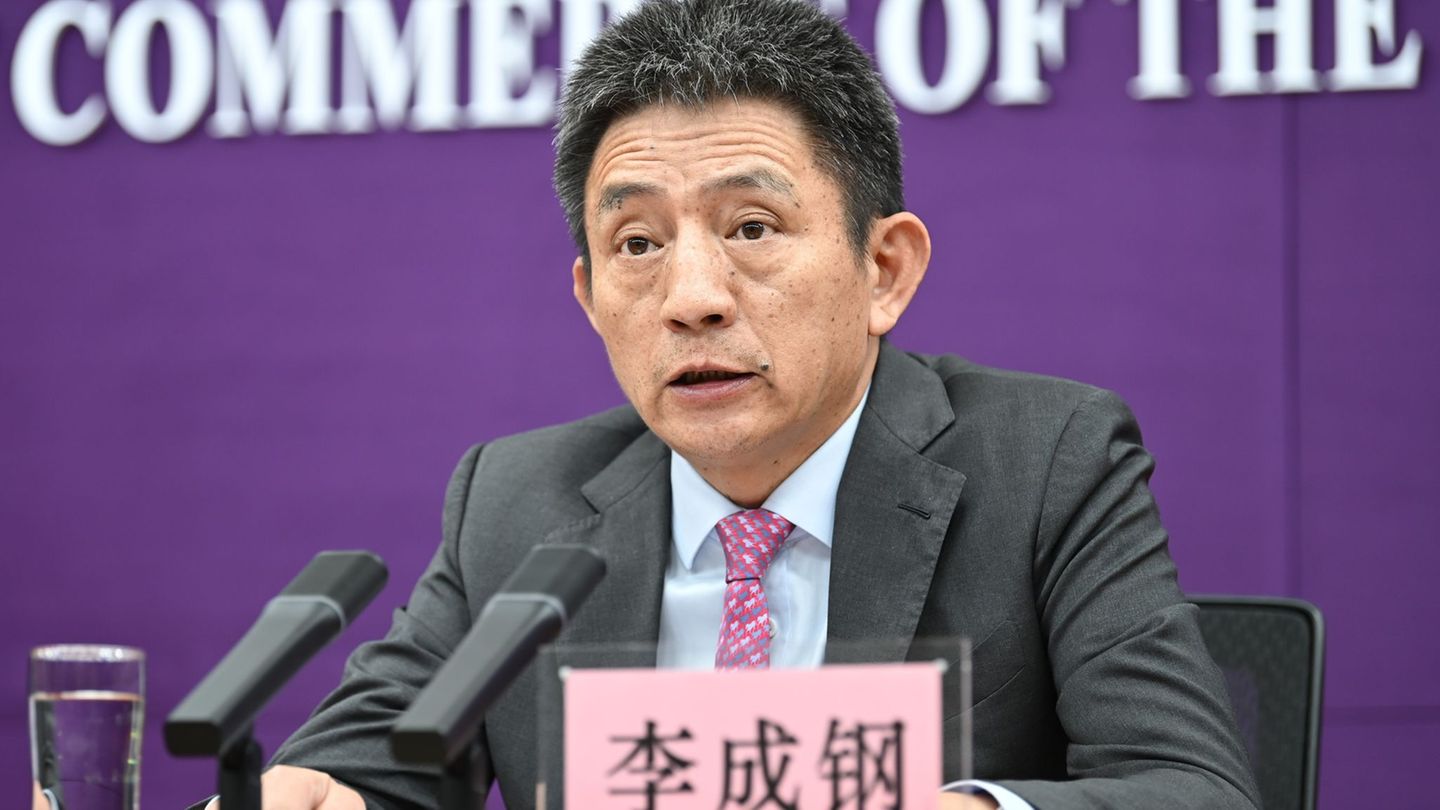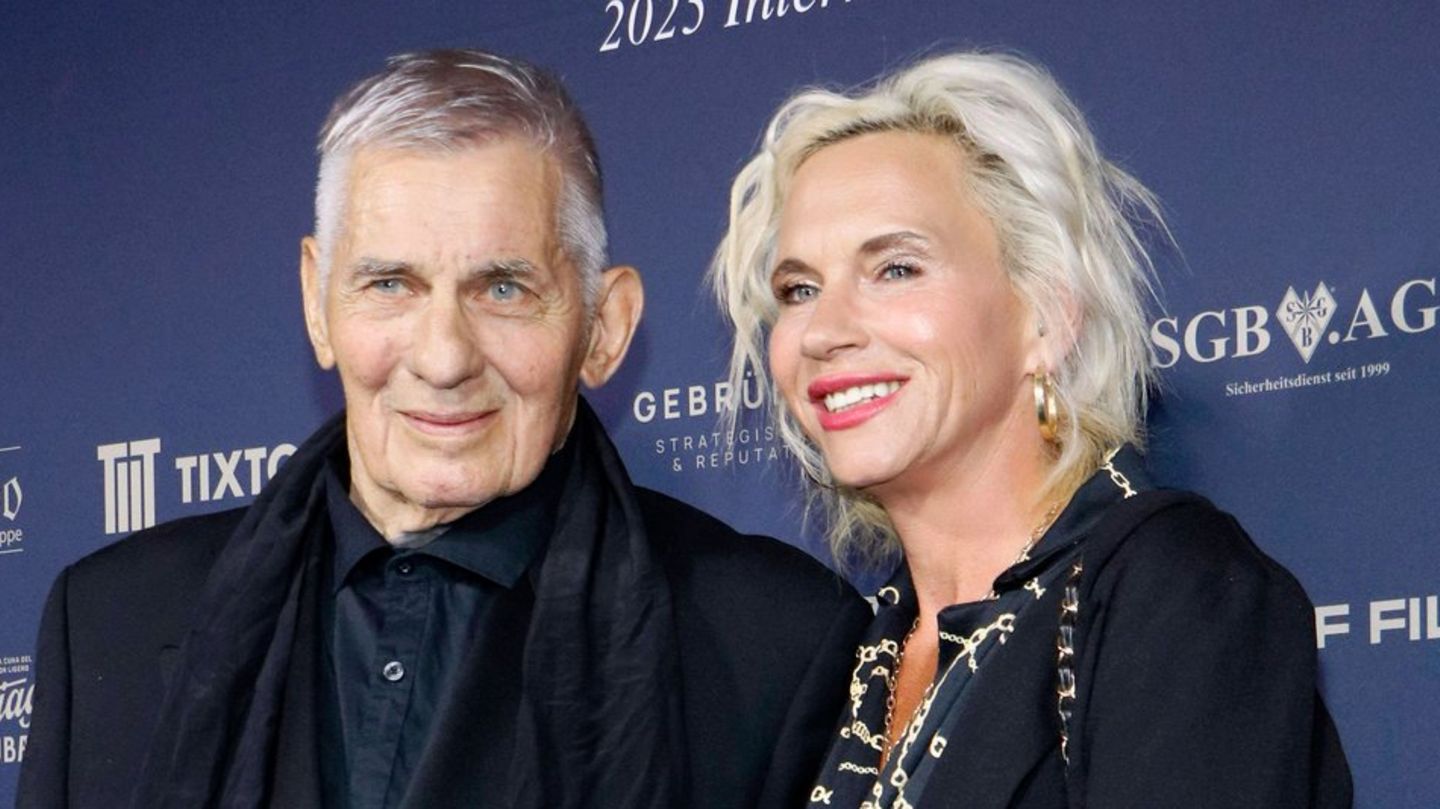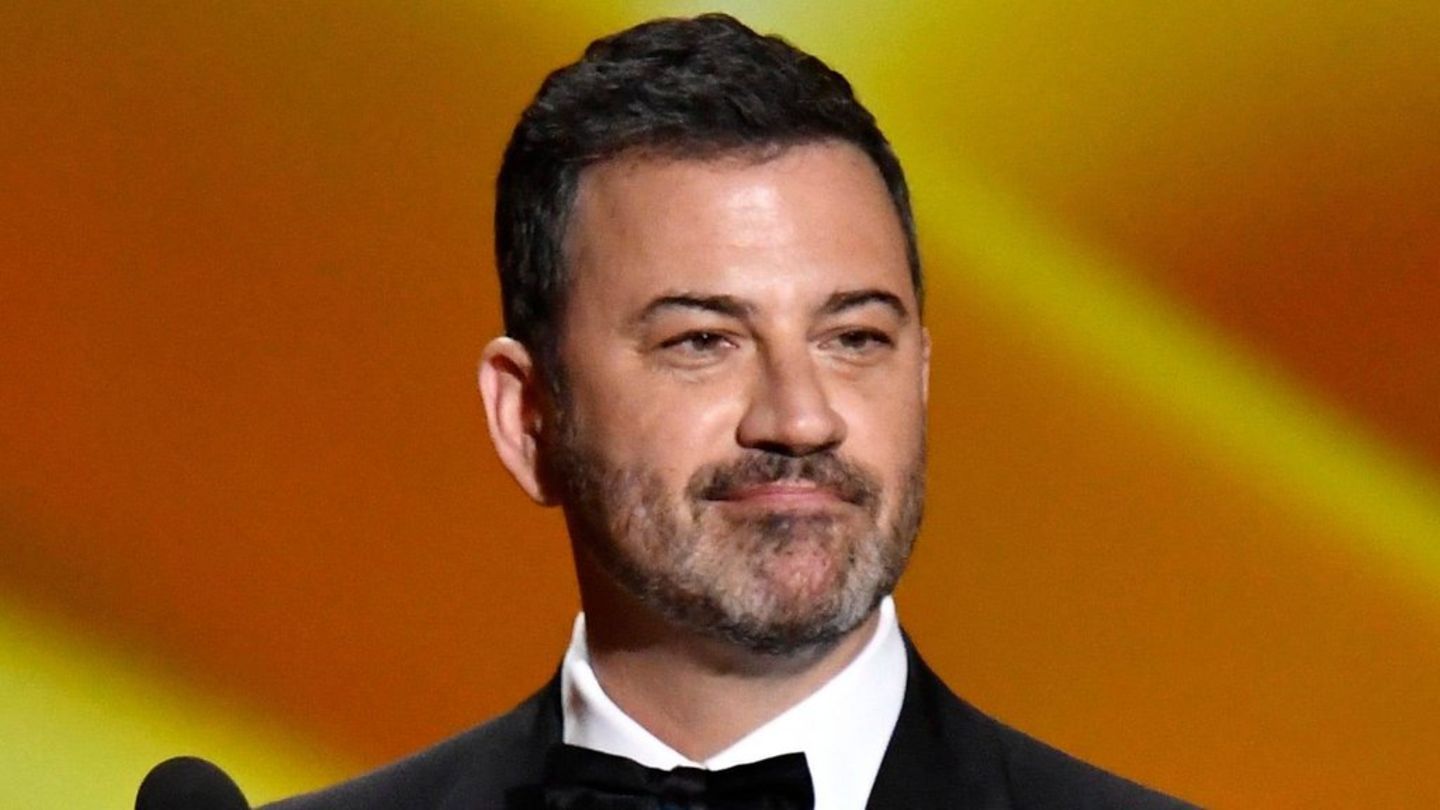In November, after a tough struggle, the federal and state governments agreed on a migration compromise. But what about implementation? The Prime Minister’s Conference is discussing this. The Chancellor is also coming.
The heads of government of the federal states and Chancellor Olaf Scholz (SPD) see Germany as being on the right track overall in terms of migration policy, but do not expect a rapid decline in the number of asylum seekers. “Fundamental changes have already been initiated” in recent months, the Chancellor emphasized after a meeting in Berlin. When it comes to limiting irregular migration, we shouldn’t just sit back and relax, but we must “always stick to the issue.”
North Rhine-Westphalia’s Prime Minister Hendrik Wüst (CDU) is not satisfied with the results of the federal-state conference on asylum policy. “In migration policy, speed is needed instead of time,” said Wüst after the Prime Minister’s meeting with Chancellor Olaf Scholz (SPD) in Berlin.
Germany is facing major challenges. This particularly includes the question of migration and integration. “In a situation like this, leadership is needed,” emphasized the head of government of the most populous federal state. “We expect the Chancellor to make this issue a top priority.”
Boris Rhein is satisfied after the conference
Wüst’s assessment differed significantly from the conciliatory words of his Hessian counterpart and party friend Boris Rhein. He is chairman of the Prime Minister’s Conference and expressed his satisfaction after the meeting: “I could not have imagined that we would ever have achieved so much together, that we would have brought so much speed to the issue.”
Wüst countered: “You don’t have to be a clairvoyant to know that the migration pressure on Germany will be enormous this year too.” In a major effort, the federal and state governments made good decisions together at the beginning of November. “That was 17 weeks ago,” Wüst calculated. The federal government’s inventory of implementation was sobering. “The list of unfinished homework by the traffic light government is extremely long,” said Wüst. “The federal government obviously did not recognize the seriousness of the situation.”
Söder after federal-state consultations: That’s not enough
Bavaria’s Prime Minister Markus Söder (CSU) has criticized the results of the Prime Minister’s consultations with Chancellor Olaf Scholz (SPD) on migration policy as inadequate. “That’s not enough: today’s MPK was just an inventory and didn’t bring anything new,” wrote Söder on X (formerly Twitter).
He demanded: “There finally needs to be a fundamental change in migration policy in Germany.” States and municipalities are overwhelmed – and the traffic light is not doing enough about it. “The political stability of the country must not be endangered for ideological reasons. Measures must be taken immediately against illegal migration,” argued the CSU chairman.
Because: It takes time to establish systems
According to Lower Saxony’s Prime Minister Stephan Weil (SPD), more time is needed in migration policy before the measures introduced have an effect on the number of asylum seekers. It will take some time until systems – for example at the EU’s external borders – are established. “I would be happy if it were different, but it seems unrealistic to me,” said Weil in Berlin after the state leaders discussed with Chancellor Olaf Scholz (SPD). “Nobody should expect the decisions we made a short time ago to immediately flip the switch.”
We will continue to closely monitor the access figures this year, said Weil. What the federal and state governments have planned is a fundamental change in immigration policy and a consistent campaign against irregular migration, emphasized the Prime Minister.
Refugee numbers are hardly decreasing
In Germany, around 329,000 people made an initial application for asylum last year – around 50 percent more than in 2022. The more than one million refugees from Ukraine who came to Germany since the start of the war at the end of February 2022 are not included in this because they do not have any have to apply for asylum. Many municipalities are now overwhelmed with accommodation.
In January of this year, almost 26,400 initial asylum applications were counted. Extrapolated to the year as a whole, this would result in a similar number to 2023. However, this does not take into account the fact that more refugees usually come in spring, summer and autumn than in winter.
Several possible points of contention have been cleared up in advance
At the federal and state refugee summit in November, the prime ministers wrested a per capita flat rate from the federal government as an additional contribution to the asylum costs: 7,500 euros per year for everyone who applies for asylum in Germany for the first time. “We have taken a really good path,” said the chairman of the Prime Minister’s Conference, Hesse’s Prime Minister Boris Rhein (CDU), to the German Press Agency. In addition, measures to reduce irregular migration to Germany were agreed at that time.
Before the current meeting, some possible points of contention were cleared up: The traffic light coalition has just given in to the states’ demands for a federal regulation on payment cards for asylum seekers. The federal government also announced more staff for the Federal Office for Migration and Refugees to speed up asylum procedures.
Source: Stern
I have been working in the news industry for over 6 years, first as a reporter and now as an editor. I have covered politics extensively, and my work has appeared in major newspapers and online news outlets around the world. In addition to my writing, I also contribute regularly to 24 Hours World.




